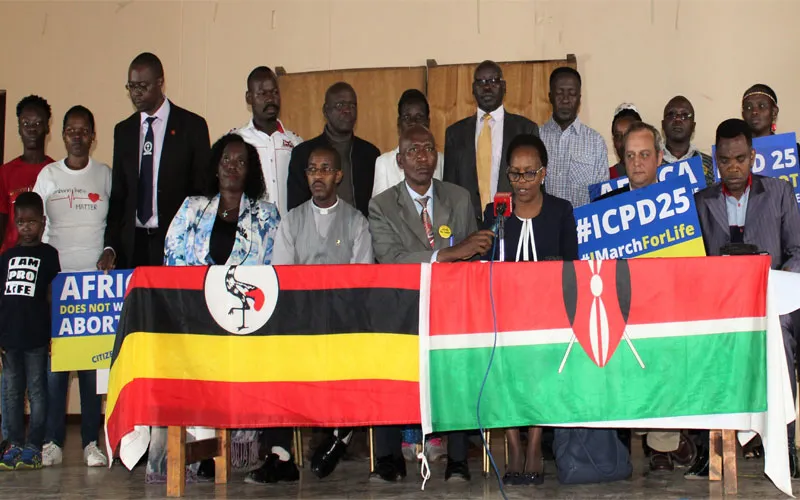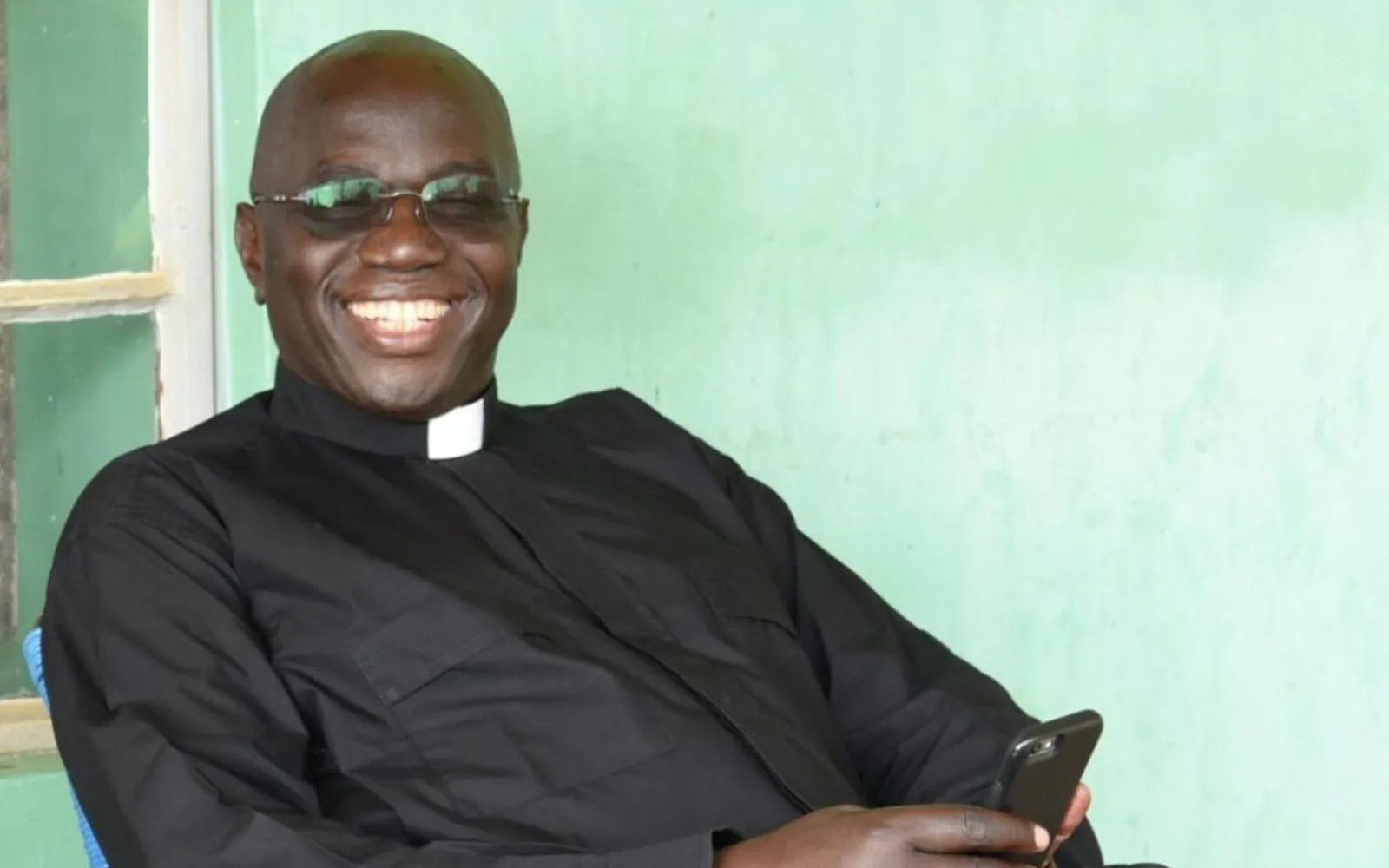Nairobi, 15 November, 2019 / 4:00 am (ACI Africa).
At the end of the Pro-life and Family Friendly Side Events that was held in Kenya’s capital, Nairobi to counter the controversial International Conference on Population and Development (ICPD25), faith-based and civil organizations made a statement, The Nairobi Declaration, faulting the entities behind the Nairobi Summit, including lack of transparency shown by blocking civil society participation and obsession with controversial issues.
“The ICPD+25 process excluded pro-life and pro-family voices and input,” parties to the declaration announced in Nairobi Thursday, November 14 and continued, “the ICPD+25 outcome document does not represent the majority of the people of the world.”
Parties supporting the declaration include “pro-life and pro-family organizations, diplomats, scholars, faith leaders, youth leaders, politicians and individuals of good will.”
In their collective statement, the parties expressed their concern with regard to “the obsessive focus of the ICPD+25 process on controversial issues that were not part of the original ICPD (held in Cairo - Egypt in 1994) that our governments committed to, namely: Sexual and Reproductive Health and Rights (SRHR), a known banner for advancing abortion and radical sexual rights and Comprehensive Sexuality Education (CSE), which sexualizes children and undermines the family.”
Addressing their concern about Comprehensive Sexuality Education (CSE), which among other things does not allow parental consent and is said to include homosexuality, the parties to the Nairobi Declaration reaffirmed principles from the ICPD(1994), which recognized that “the responsibility of educating children lies in the first place with the parents.”








